Research
Oxford University ranked number 1 in the Times Higher Education (THE) World University Rankings for the ninth year running, and at the heart of this success is our ground-breaking research and innovation.
Oxford is world-famous for research excellence and home to some of the most talented people from across the globe. Our work helps the lives of millions, solving real-world problems through a huge network of partnerships and collaborations. The breadth and interdisciplinary nature of our research sparks imaginative and inventive insights and solutions.


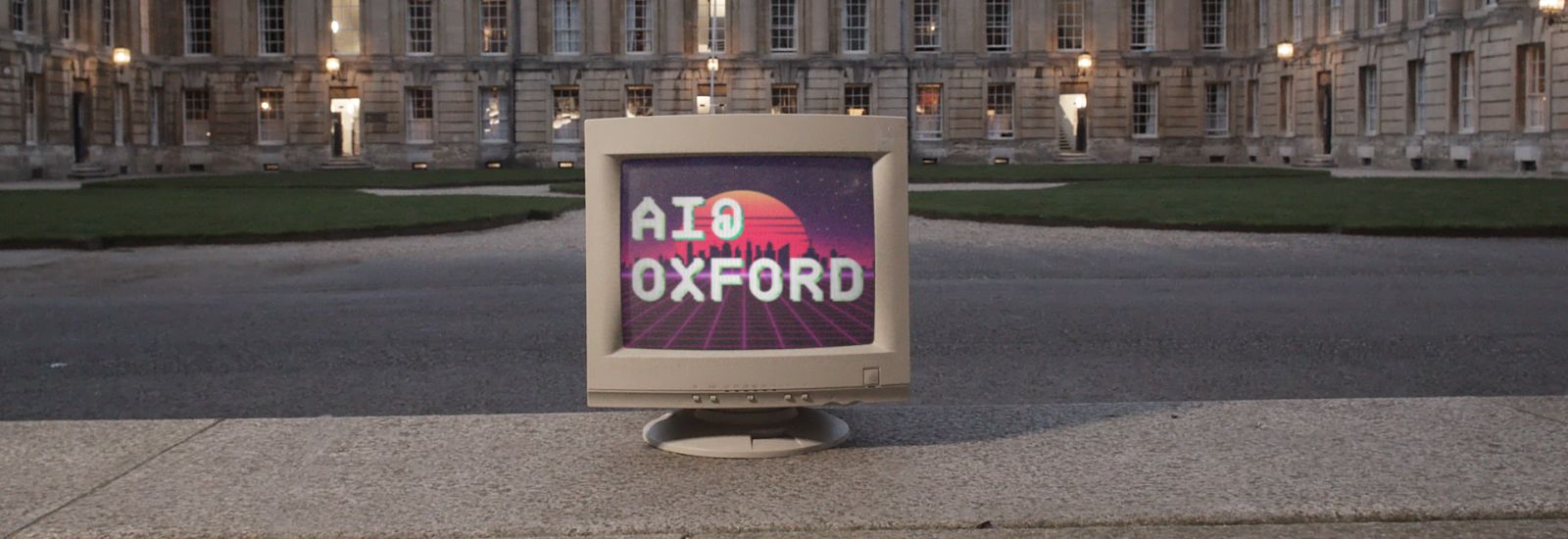


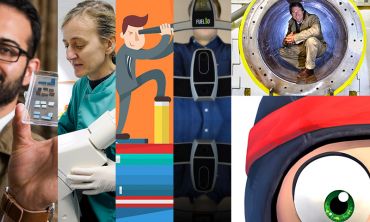


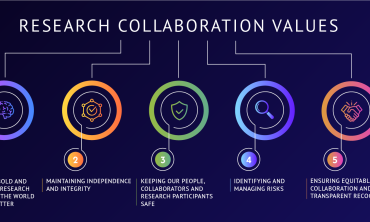
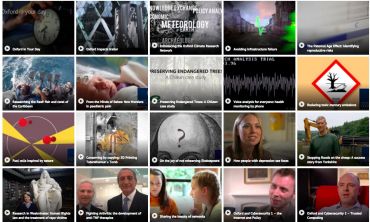

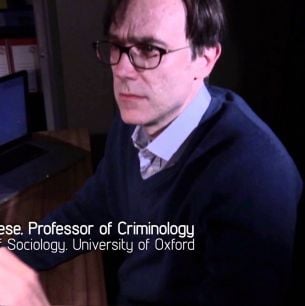



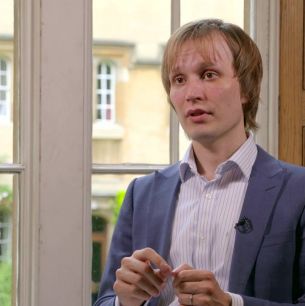
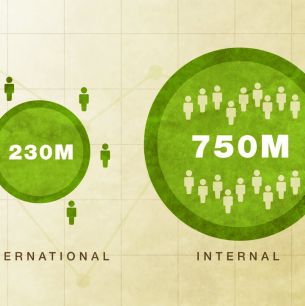
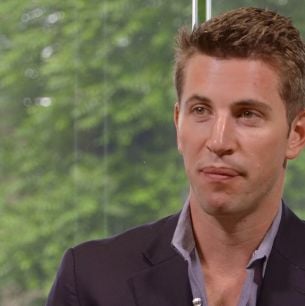





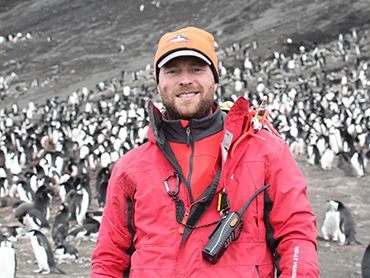



 New study shows how AI can help prepare the world for the next pandemic
New study shows how AI can help prepare the world for the next pandemic
 Lifestyle and environmental factors affect health and ageing more than our genes
Lifestyle and environmental factors affect health and ageing more than our genes
 First distributed quantum algorithm brings quantum supercomputers closer
First distributed quantum algorithm brings quantum supercomputers closer
 Oxford researchers urge reforms to improve global wildlife trade regulation as CITES turns 50
Oxford researchers urge reforms to improve global wildlife trade regulation as CITES turns 50
 Early support for children living in marginalised communities can improve developmental outcomes
Early support for children living in marginalised communities can improve developmental outcomes
 IKEA Foundation pledges £2 million to Oxford initiative championing refugee leadership
IKEA Foundation pledges £2 million to Oxford initiative championing refugee leadership

